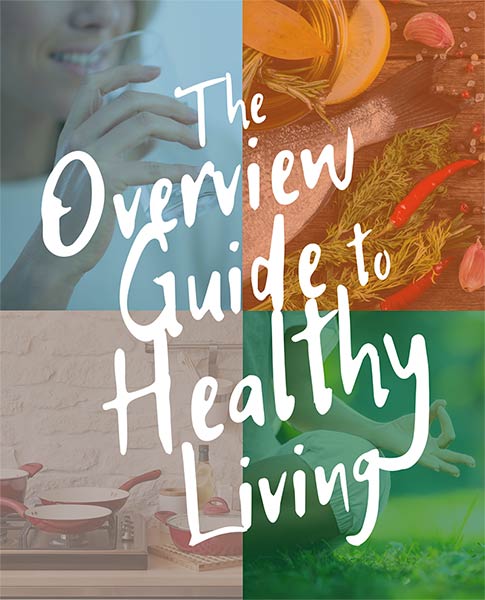Dried leaves and leaf buds of the Camellia sinensis are used to make black and green tea. Oolong tea is also a product of the Camellia sinensis plant. The Chinese have been drinking black tea for about 5,000 years. Tea was historically drunk during ceremonies and during meditative practices to stay awake.
There is scientific data proving efficacy of both green and black tea on a variety of conditions from cardiovascular disease to diabetes, but the most compelling data concerns the beneficial effects that drinking tea seem to have in the prevention of a variety of cancers. The majority of studies and meta-analysis of epidemiological studies show that consumptions of more than one cup a day of green tea is associated with an astoundingly reduced risk of developing different types of cancer compared to people who do not drink tea, or drink it seldom. For example, people who drink more than one cup a day had 21% to 23% reduced risk of developing endometrial cancer, compared to non-drinkers. According to Shirakami Y. et al. (2018), tea catechins (polyphenolic antioxidants) seem to have protective properties against cancer cells, thanks to their anti-oxidant activity, immune system modulation, cell cycle regulation and epigenetic modification control. Green tea catechins also seem to have chemoprotective properties. There is significantly more research on green tea, but black tea also shows potential cancer-protective properties. It can slow cancer progression, modulate phase II metabolism, and suppress cancer cell proliferation (Lambert, 2013). While more studies are needed to confirm claims, a systematic review and meta-analysis from Guo Y. et al. (2017) shows that consuming more than 7 cups a day of green tea catechins is effective in preventing prostate cancer. Consuming black and green tea seems to significantly lower risk of developing ovarian cancer. A meta-analysis review from Filippini T. et al (2020) shows that high consumption of green tea is associated with a 36% reduced risk of developing ovarian cancer compared to women with much lower intake, though there was no evidence that drinking high amounts of green tea prevents reoccurrence of ovarian cancer.
More research is needed, but there are a few promising studies on the animal model. One study in rats founds that tea consumption prevents development and reoccurrence of esophageal cancer (Wang C. et al., 1996). Another study in rats showed tea’s promise in preventing and treating liver cancer (Liao S. et al., 2019). While epidemiological studies on tea and colorectal cancer have been inconclusive, a study on rats by Jia & Han (2000) demonstrated that tea consumption greatly reduced malignancy from colorectal cancer by reducing cancer cell proliferation and inducing apoptosis of cancer cells in the intestinal glands of the colon. The jury may still be out there, but I am going to keep drinking a cup or two of tea a day.
References
Filippini, T., Malavolti, M., Borrelli, F., Izzo, A. A., Fairweather-Tait, S. J., Horneber, M., & Vinceti, M. (2020). Green tea (Camellia sinensis) for the prevention of cancer. The Cochrane database of systematic reviews, 3(3), CD005004. https://doi.org/10.1002/14651858.CD005004.pub3
Guo, Y., Zhi, F., Chen, P., Zhao, K., Xiang, H., Mao, Q., Wang, X., & Zhang, X. (2017). Green tea and the risk of prostate cancer: A systematic review and meta-analysis. Medicine, 96(13), e6426. https://doi.org/10.1097/MD.0000000000006426\
Jia, X. D., & Han, C. (2000). Chemoprevention of tea on colorectal cancer induced by dimethylhydrazine in Wistar rats. World journal of gastroenterology, 6(5), 699–703. https://doi.org/10.3748/wjg.v6.i5.699
Lambert J. D. (2013). Does tea prevent cancer? Evidence from laboratory and human intervention studies. The American journal of clinical nutrition, 98(6 Suppl), 1667S–1675S. https://doi.org/10.3945/ajcn.113.059352
Liao, S., Lin, J., Liu, J., Chen, T., Xu, M., & Zheng, J. (2019). Chemoprevention of elite tea variety CFT-1 rich in EGCG against chemically induced liver cancer in rats. Food science & nutrition, 7(8), 2647–2665. https://doi.org/10.1002/fsn3.1121
Shirakami, Y., & Shimizu, M. (2018). Possible Mechanisms of Green Tea and Its Constituents against Cancer. Molecules (Basel, Switzerland), 23(9), 2284. https://doi.org/10.3390/molecules23092284
Wang, C., Wang, X., Li, Y., Jiang, Y., Deng, S., & Zhao, M. (1996). Hua xi yi ke da xue xue bao = Journal of West China University of Medical Sciences = Huaxi yike daxue xuebao, 27(2), 206–208. Top of Form
Bottom of Form

